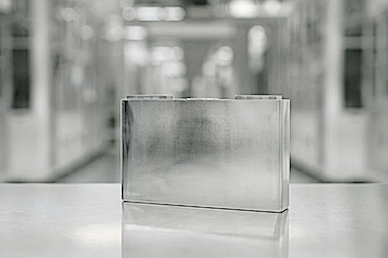The European Commission has approved a €902 million plan by Germany to support Sweden’s Northvolt in the construction of a plant to produce batteries for electric vehicles “to foster the transition towards a net-zero economy, in line with the Green Deal Industrial Plan.”
The aid will take the form of a €700 million direct grant and a €202 million guarantee.
“Without the aid, Northvolt would establish the plant in the United States, where support was offered in particular under the Inflation Reduction Act,” said the Commission.
The aid was approved under the State Aid Temporary Crisis and Transition Framework, adopted by the Commission on March 9, 2023, and amended on November 20, 2023, “to support measures in sectors which are key to accelerate the green transition and reduce fuel dependencies.”
The Commission said: “Germany notified to the Commission, under the Temporary Crisis and Transition Framework, a €902 million measure to support Northvolt in the construction of a production plant for advanced and high-efficiency electric vehicle batteries in the city of Heide.
“The plant will have an annual capacity of 60 GWh. This translates to 800,000 to 1 million electric vehicles per year, depending on the size of the battery.
“The plant will start producing in 2026 and will reach full production capacity in 2029.
“The Commission found that the German measure is in line with Article 107(3)(c) TFEU and the conditions set out in the Temporary Crisis and Transition Framework, in particular Section 2.8, which enables Member States to support accelerated investments in sectors strategic for the transition towards a net-zero economy.”
EU competition commissioner Margrethe Vestager said: “This €902 million German measure is the first individual aid being approved to prevent an investment from being diverted away from Europe, under the new possibility offered by the Temporary Crisis and Transition Framework since March 2023.
“It enables Germany to support the construction of Northvolt’s production plant of batteries for electric vehicles.
“This is an important step for the electrification of transport in Europe, while preserving the level playing field in the Single Market.”
